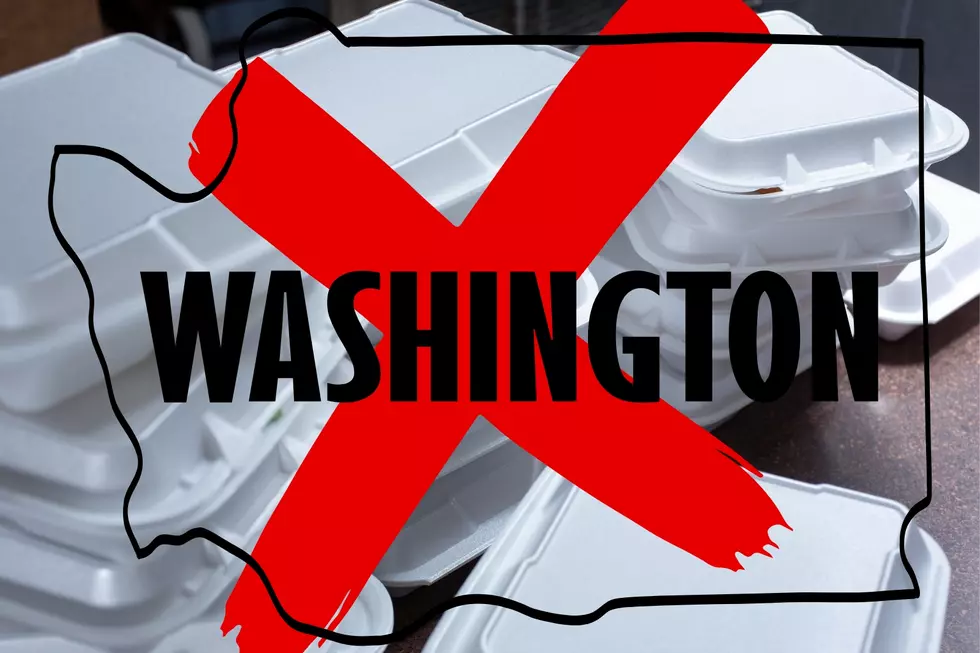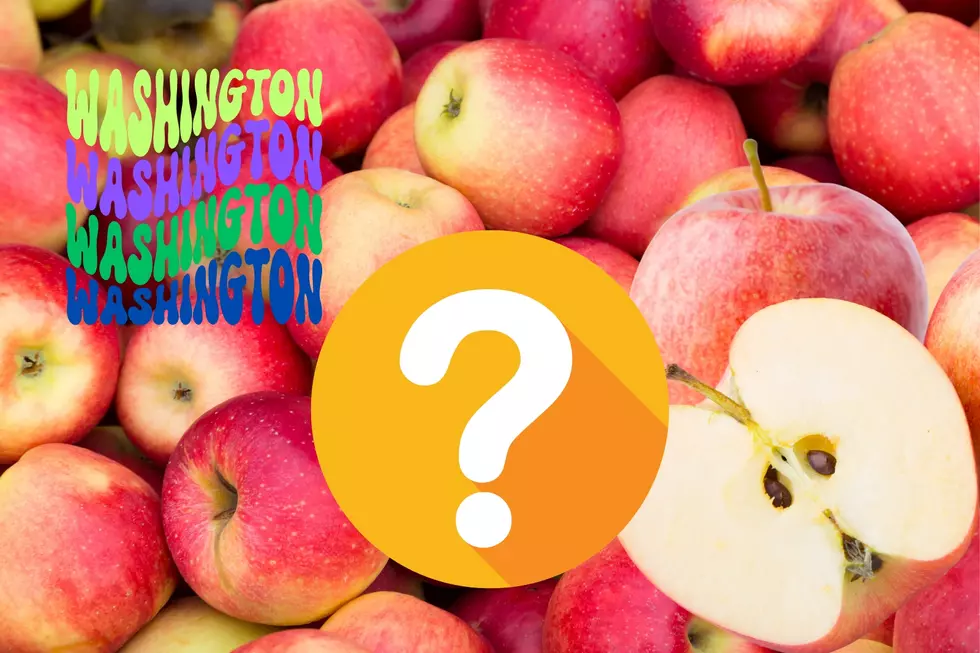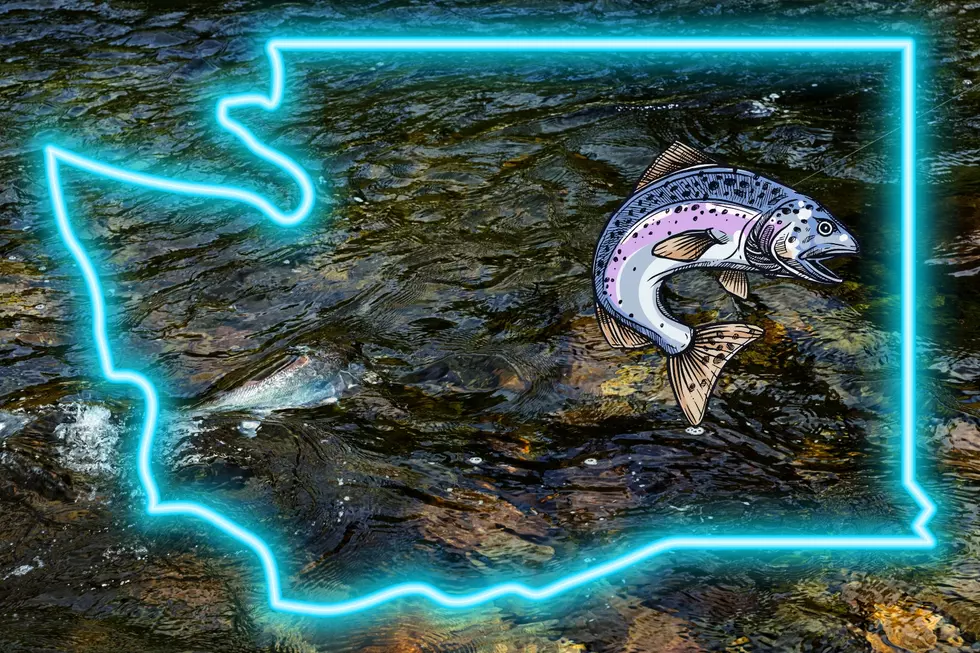
How to Pair Coffee & Cheese – Tips From Cheese Louise in Richland
Cheese Louise in The Parkway in Richland offers special two-hour classes on fine foods. One recent class was on pairing coffee and cheese. It was No. 3 of six the shop is hosting this spring to educate Tri-City residents on how to enjoy fine cheeses.
Owner Bill Krieger said pairing coffee and cheese is a Swiss breakfast tradition.
Big consumers of both products, the Swiss saved cold coffee to wash hard mountain cheeses. This kept the cheese moist while it aged and produced a slight enhancement to the flavor.
Pairing coffee and cheese is similar to pairing wine and cheese, Krieger explained. If one is too strong, it will overpower the other. To introduce the options cheese lovers have, Krieger uses several coffees ranging from mild to very strong made from both Arabica and Robusta beans. He offers two or three cheese samples with each coffee for a total of nine or 10 cheeses.
With more than 100 varieties, Cheese Louise could offer more, but after several blends and cheeses, “The palate is pretty well worked out,” he said.
As a rule, pair a mild roast with a mild cheese and a strong roast with a flavorful cheese, Krieger said. Crumble hard cheeses into marble-sized pieces that can be popped into the mouth between slurps or enjoyed on a cracker. Smear soft cheeses onto a cracker, piece of fruit or a piece of bread.
In the class participants will likely taste a mild roast coffee with six-months-aged Gouda from cow’s milk and a sheep’s milk cheese – probably a Lamb Chopper.
Krieger will pair a medium roast with two cheddar cheeses – he’s a big fan of Beecher’s Handmade Cheese in Seattle.
Dark coffee is good with five-years-aged Gouda. “It’s caramelly, has sweetness, big in taste and enhances a cup of coffee nicely. It’s really good,” he said.
A robust cup of coffee goes well with acidic cheddar or a Leyden cheese aged nearly a year with caraway or cumin in it, he said.
These simple guidelines can get more complicated when flavors are added to cheese, he added. For example, Brie should be eaten with a mild coffee unless it has marmalade with it. Then a medium coffee is appropriate.
“It’s like a booster shot,” Krieger said. “We show that in the class.”
Now that you know the rules, have fun pairing but be aware that not all cheeses go well with coffee. Blue cheese, for example, will not pair well.
The staff at Cheese Louise is ready to answer any of your cheese questions. Afraid to ask something as simple as what makes cheese hard or soft and stinky or sweet?
The answers are simple: soft cheeses are made from larger curds. They never harden no matter how long they age. Small curds make hard cheeses and get harder with time. The amount of surface area on a wheel of cheese will also impact how moist it is and its hardness, Krieger explained.
Stinky cheese is covered in a rind that is washed daily to keep the cheese moist. The moisture on the rind invites a bacterium that smells like dirty socks. The bacteria do not hurt the cheese’s flavor, which will be strong but delicious, he said. Tickets to the class must be purchased in advance. Stop by the shop at 619 The Parkway or call 420-4222.
More From 102.7 KORD









